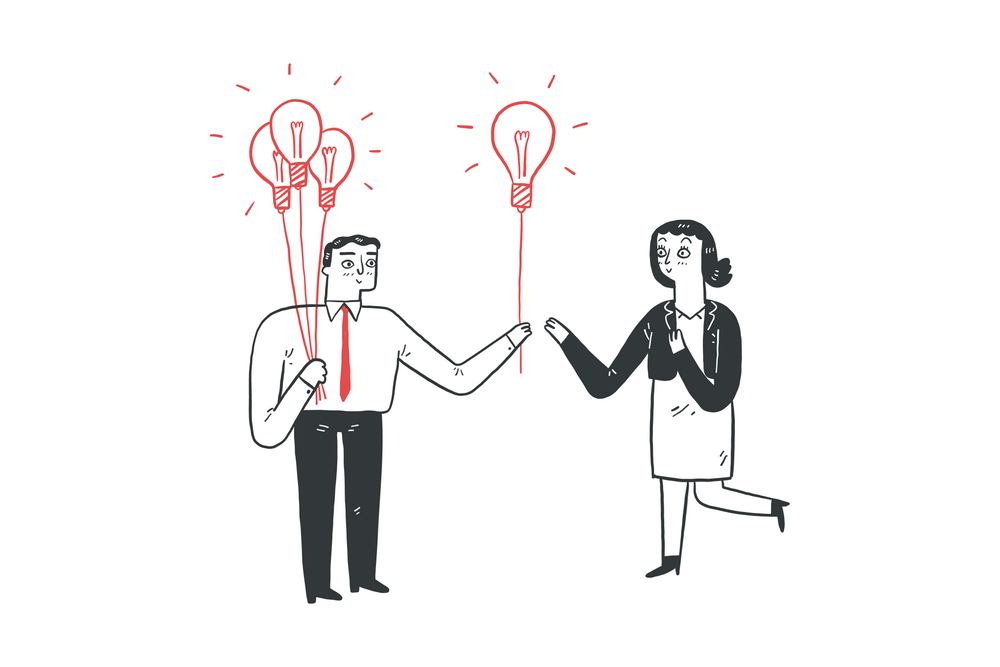Running effective one-on-one meetings is essential in software development. It’s the perfect opportunity to show that you really care about your software developers. Done right, you create a sense of trust, respect, and a good overall company vibe.
But one-on-one meetings can also be lost opportunities. If they’re used as cudgels to punish developers, then engagement drops, resentments resurface, and frictions turn your high-performing teams into high-burnout quitters.
Upping your one-on-one game doesn’t cure all your company’s troubles, but it’s a great first step to setting your devs on the right path. I’ve been trying to improve my one-on-ones for years. You can even read about how I conducted 1:1 meetings before I started hay here.
Drawing from years of experience and integrating best practices, here's a curated list of 20 crucial questions to elevate your one-on-one meetings. These questions span across four foundational pillars of software development: Work Output, Wellbeing, Team Feedback, and Growth.
Work Output
Sprint Analysis: "How was the last sprint? What could we improve?" Provides insight into team dynamics, and potential blockers, and sets a stage for continuous improvement.
Task Management: "Do you find your tasks manageable or overwhelming?" Helps identify workload issues and promotes discussions on task prioritization.
Purpose and Alignment: "Do you feel your work aligns with the project's larger goals?" Ensures developers see the bigger picture and are engaged with the project's mission.
Productivity Boosters: "What helps you achieve flow during coding?" Recognize the tools and conditions that enhance developer efficiency.
Work Output Assessment: "How do you measure your productivity?" A holistic approach to gauging productivity beyond traditional metrics.
Wellbeing
Job Satisfaction: "How content are you with your role and responsibilities?" Directly correlates with motivation, performance, and retention rates.
Remote Work Dynamics: "How's your remote work experience? Any challenges?" Addressing the unique challenges of remote work fosters a supportive work environment.
Value Contribution: "Do you feel you're making a significant impact with your work?" Reinforces a sense of purpose and motivation.
Work-Life Balance: "How do you strike a balance between work and personal time?" Promotes employee wellbeing and identifies potential burnout indicators.
After-Work Rituals: "How do you decompress after a busy workday?" Helps build rapport and understand personal preferences.
Growth
Short-Term Aspirations: "What are your professional goals for the next 6-12 months?" Aligns team growth with company objectives.
Support Mechanisms: "How can I assist you in achieving these goals?" Positions leadership as enablers rather than just engineering managers.
Long-Term Vision: "Where do you envision yourself in 5 or 10 years?" Navigates career trajectories and aligns with company growth plans.
Skill Assessment: "What are your key skills and how would you rank yourself?" Identifies areas for skill enhancement and training opportunities.
Mentorship: "Would you like mentorship from anyone in the company?" Fosters a culture of learning and collaboration.
Team Feedback
Team Dynamics: "How's your experience with [team member name] or the current dev team you're in?" Spotlights areas for team-building and conflict resolution.
Expectations: "What do you expect from your teammates?" Aligns team values and work ethics.
Feedback Loop: "How can I better support you?" Strengthens the manager-developer relationship and encourages open communication.
Feedback Effectiveness: "Is the feedback you receive helping you grow?" Ensures feedback mechanisms are constructive and effective.
One-on-One Effectiveness: "Any suggestions on how I conduct these meetings?" Encourages continuous improvement in meeting dynamics.
What Are the Benefits of Effective One-on-One Meetings?
A well-structured one-on-one meeting not only boosts team morale but offers several tangible benefits:
- Enhanced Team Cohesion: Regular and meaningful interactions minimize misunderstandings and build stronger team bonds.
- Increased Productivity: Addressing blockers and providing required resources ensures smoother workflows.
- Higher Retention Rates: Addressing grievances and recognizing achievements increases job satisfaction, reducing attrition.
- Better Decision Making: Insights from these meetings can guide strategic decisions and project direction.
By integrating the right questions, engineering leaders can unlock the potential of one-on-one meetings, transforming them from routine checks to powerful growth engines.





